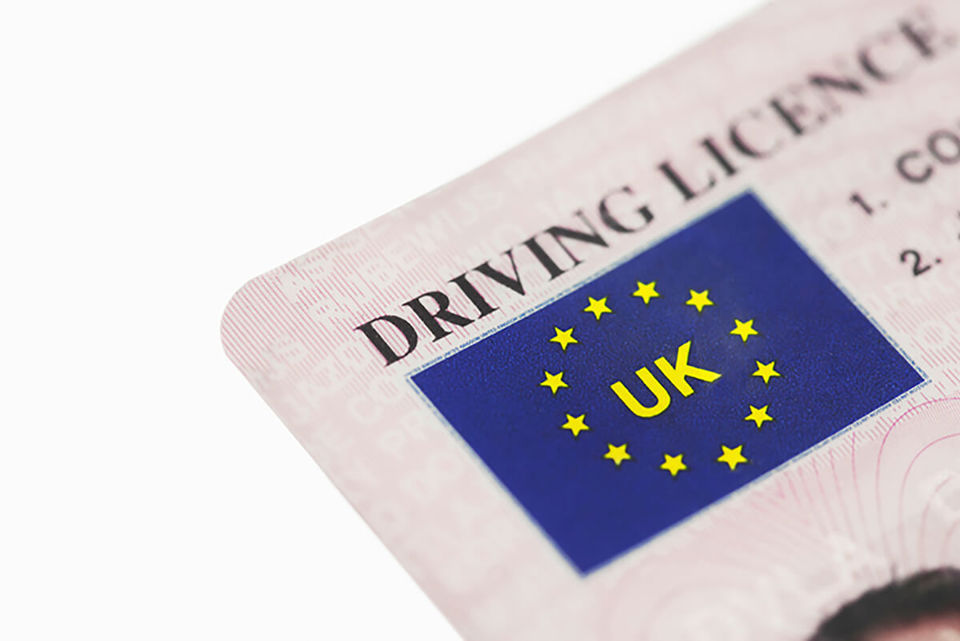The Government’s decision to abandon plans for a graduated driver licensing (GDL) system has been welcomed by motorists, with 60% of those surveyed by training and compliance experts TTC supporting the move.
The proposed GDL scheme aimed to impose temporary restrictions on newly qualified drivers aged 17-24 to improve road safety.
Similar systems are already in place in countries such as the USA, New Zealand, and Sweden, limiting factors such as passenger numbers and nighttime driving.
However, concerns over restricting young drivers’ mobility and employability led to its rejection in January.
While road safety campaigners have expressed disappointment, alternative measures are being highlighted as effective ways to reduce accidents involving young drivers.
One key area is employer-led driver training, which has played a role in improving safety among 17-24-year-olds who drive for work.
According to Department for Transport (DfT) figures, 4,959 people were killed or seriously injured in 2023 in crashes involving drivers under 25-60% lower than in 2004.
TTC attributes part of this improvement to businesses fulfilling their duty of care by providing young drivers with targeted education on high-risk behaviours, including speeding, distraction, drink and drug driving, fatigue, and seatbelt use.
The growing importance of employer-led training
Rich Hickin, group sales director at TTC, said: "The scrapping of GDL is disappointing for some road safety advocates, but it highlights the growing importance of employer-backed driver training.
"Education is key to helping young drivers make safer decisions and reduce risk on the road."
The 300 TTC survey respondents agreed, with 68% supporting the introduction of a ‘zero alcohol or drug’ limit for all drivers.
Over half (53%) backed making motorway driving a mandatory part of the practical driving test.
Additionally, 47% supported the inclusion of real-life crash documentaries in the theory test to highlight the consequences of reckless driving, while nearly a quarter favoured integrating advanced driver training into further education courses.
Future of roads minister Lilian Greenwood confirmed the Government is still looking at ways to improve road safety without unfairly penalising young drivers.
The DfT has received the final report from Driver 2020, a major research project aimed at understanding how to better prepare newly qualified drivers for the road.
The study explores interventions and training techniques to boost confidence and reduce risk during the critical first year after passing a driving test.
With around 44% of 17-24-year-olds in the UK holding a full driving licence—many using vehicles for work—industry leaders are keen to see the findings of Driver 2020 implemented.
Employers continue to play a key role in improving safety by investing in structured training to equip young drivers with the knowledge and skills needed to reduce accidents.
Hickin added: "Ensuring there are effective, evidence-based road safety strategies is essential.
"Employers, policymakers and training providers must work together to continue driving down young driver casualties."
The industry now awaits the outcomes of Driver 2020 to shape future policies.






















Login to comment
Comments
No comments have been made yet.